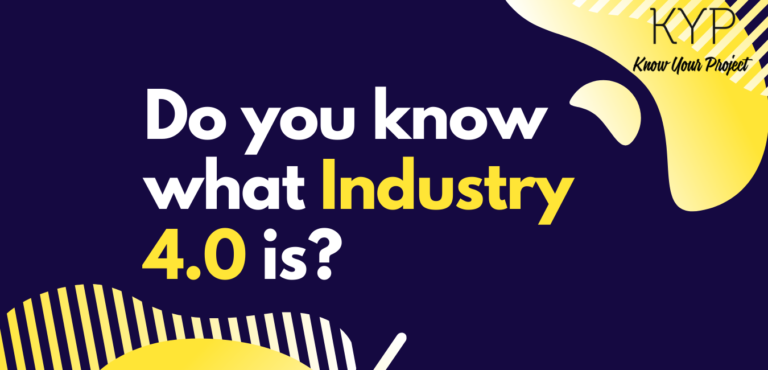ERP Software Can Help You Improve Your Logistics
When a business must manage a multi-tiered, global supply chain, logistics is critical. It is critical to have the right logistics technology in place to manage transportation operations, track vehicles and parcels, determine the most efficient shipping routes, and organise the most efficient warehouse systems.
World Economic Forum report on Digital Transformation The digital transformation of logistics: Threat and opportunity mentioned that “Logistics has introduced digital innovations at a slower pace than some other industries. This slower rate of digital adoption brings enormous risks that, if ignored, could be potentially catastrophic for even the biggest established players in the business. “
The Five themes of Digital Transformation in Logistics
In the same report they identified five themes that will be central to the digital transformation of the logistic industry;

- Information Services: This section discusses the use of data across platforms and the application of analytics to increase operational efficiency.
- Logistic Services: Digitally enabled logistics services that enable logistics companies to meet the growing demand for faster deliveries from customer
- Delivery capabilities: This necessitates the use of technologies such as drones and digital trucks.
- Circular economy: One critical area, in my opinion, that is being overlooked at the moment is the industry’s environmental footprint.
- Shared logistics capabilities: Increased asset utilisation among partners increases logistical capabilities.
While organisations must take numerous actions to accomplish the aforementioned, I will limit my discussion to how technology can assist organisations in accomplishing the same.
According to Logistic Management Magazine, one of the top eight logistics industry challenges for 2022 is a technology strategy and implementation. Similarly, Adopting New Technologies is listed as one of the Top Seven Logistics Challenges Facing the Industry in the Global Trade Magazine.
Logistic industry’s challenges
However, as you read these articles and the numerous other resources available on the internet addressing the logistic industry’s challenges, you’ll notice that the majority of these issues can be mitigated through effective technology implementation.
1. Transportation Cost Control: This can be mitigated to a degree through proper route management.
2. Customer service: This is a critical area that relies heavily on the technology deployed throughout the supply chain, from the first to the last mile.
3. Increasing supply chain visibility: Properly implemented ERP, warehouse management, and transportation management systems provide complete visibility into all aspects of the supply chain.
4. Finances: Shorten the time required to complete a C2C transaction to maintain an optimal cash flow, which can help with risk management.
Technology can help with planning and risk management, supplier/partner relationships, and managing increasingly complex networks, to name a few.
Thus, in my opinion, one of the most critical items on the agenda of any logistics or supply chain organisation should be the development and timely implementation of an IT strategy.

We are living in an era referred to as WEB 3.0 or Industry 4.0, both of which refer to artificial intelligence, machine learning, and IoTs, or, to put it another way, the extensive use of data to make better decisions.
We are all aware that data in the twenty-first century is comparable to oil in the eighteenth. Businesses must invest in digital platforms that enable the collection of data to make more informed decisions. These initiatives can be undertaken independently or in collaboration with other stakeholders. Data, when properly analysed, can yield actionable insights. Rather than relying on subjective judgments, businesses can make data-driven decisions.
ERP applications advantages for Logistics
ERP applications are central to this digital transformation because they enable;
- Improved Customer Service
- Proper customer segmentation combined with real-time shipment tracking will improve the quality of the delivery services.
- Improved demand forecasting
- Optimized Inventory Management/warehouse management ;
- Asset Maintainance
- By identifying early warning signals, predictive asset maintenance increases the uptime, performance, and availability of logistics assets.
- Improved business intelligence that can aid in decision-making
ERP software provides a unified, cohesive view of all of your company’s various business operations and activities.

Integration of logistics and enterprise resource planning (ERP) systems is a significant advantage for any manufacturing or distribution business looking to increase efficiency, speed, and customer satisfaction across all of its operations. Organizations have used enterprise resource planning (ERP) software to manage business information, integrate numerous disparate systems, streamline workflows, and improve efficiency.








